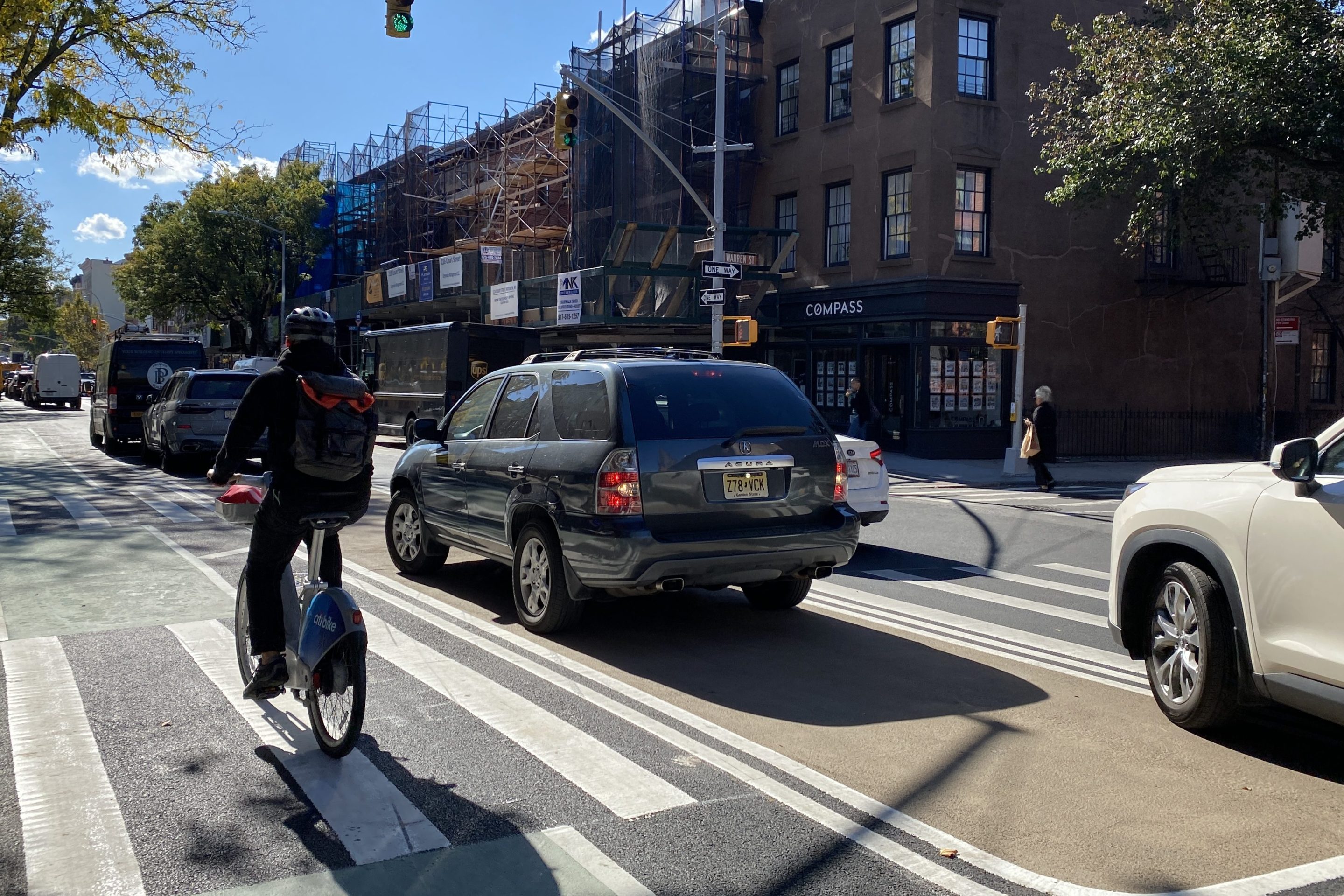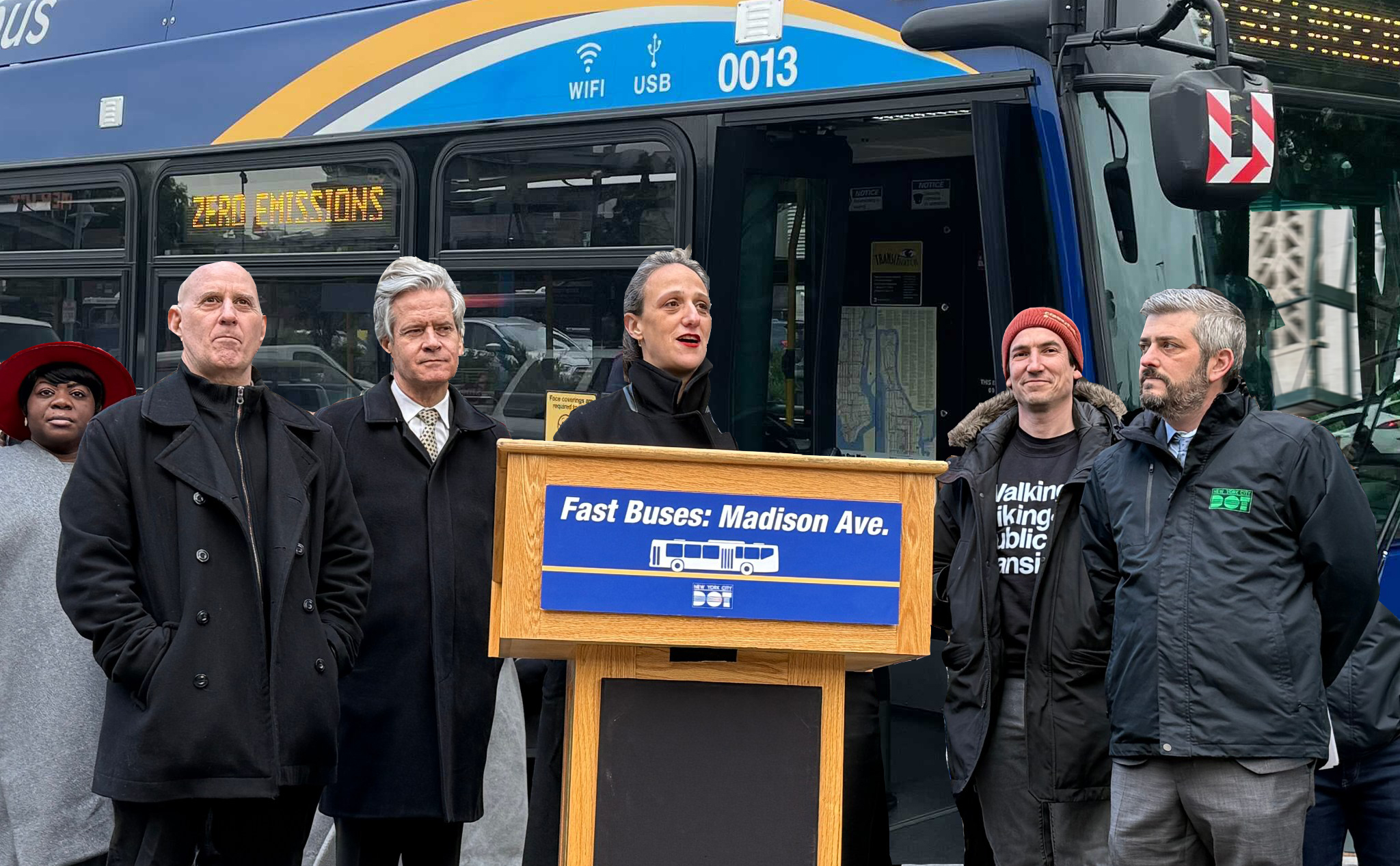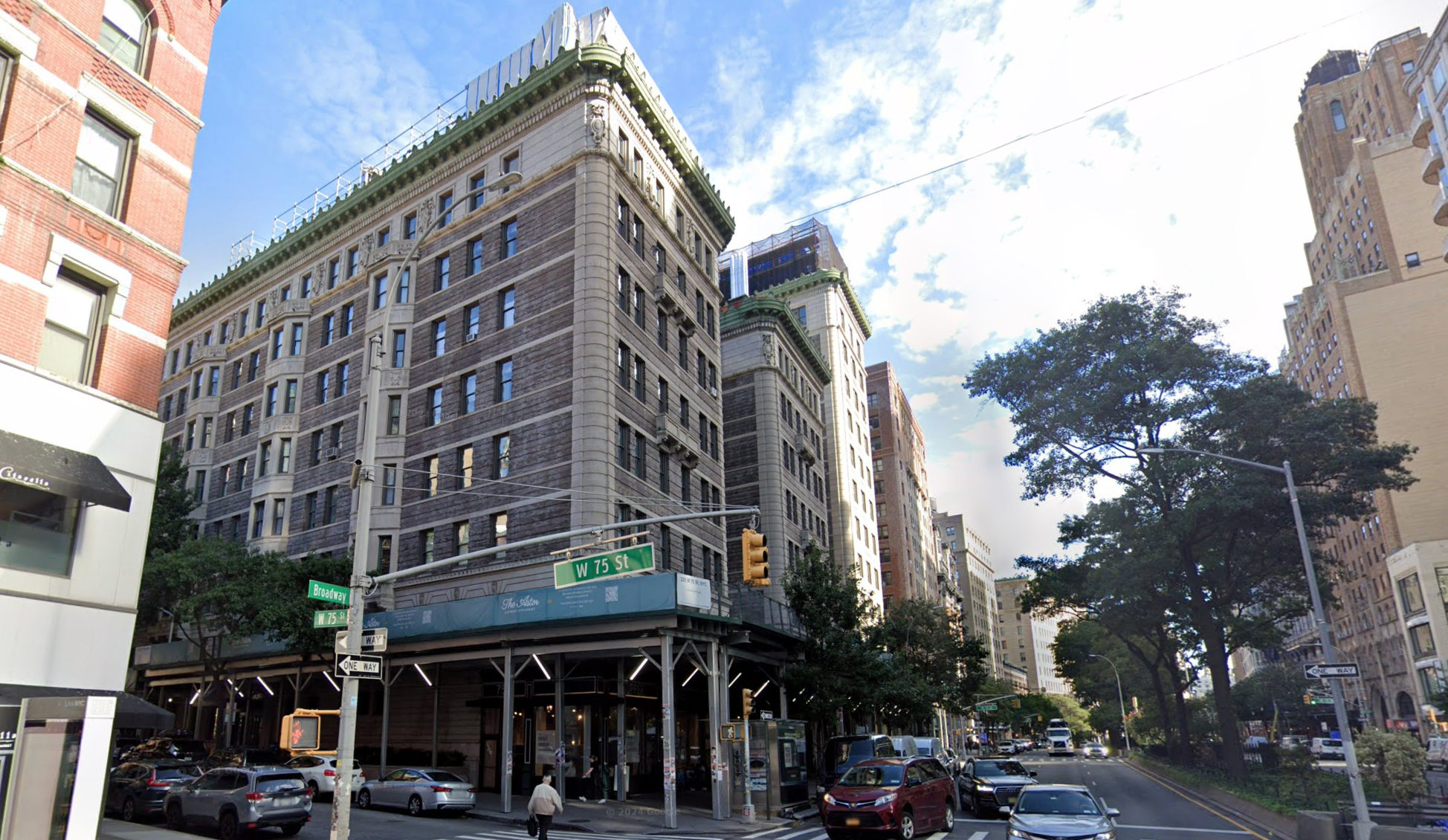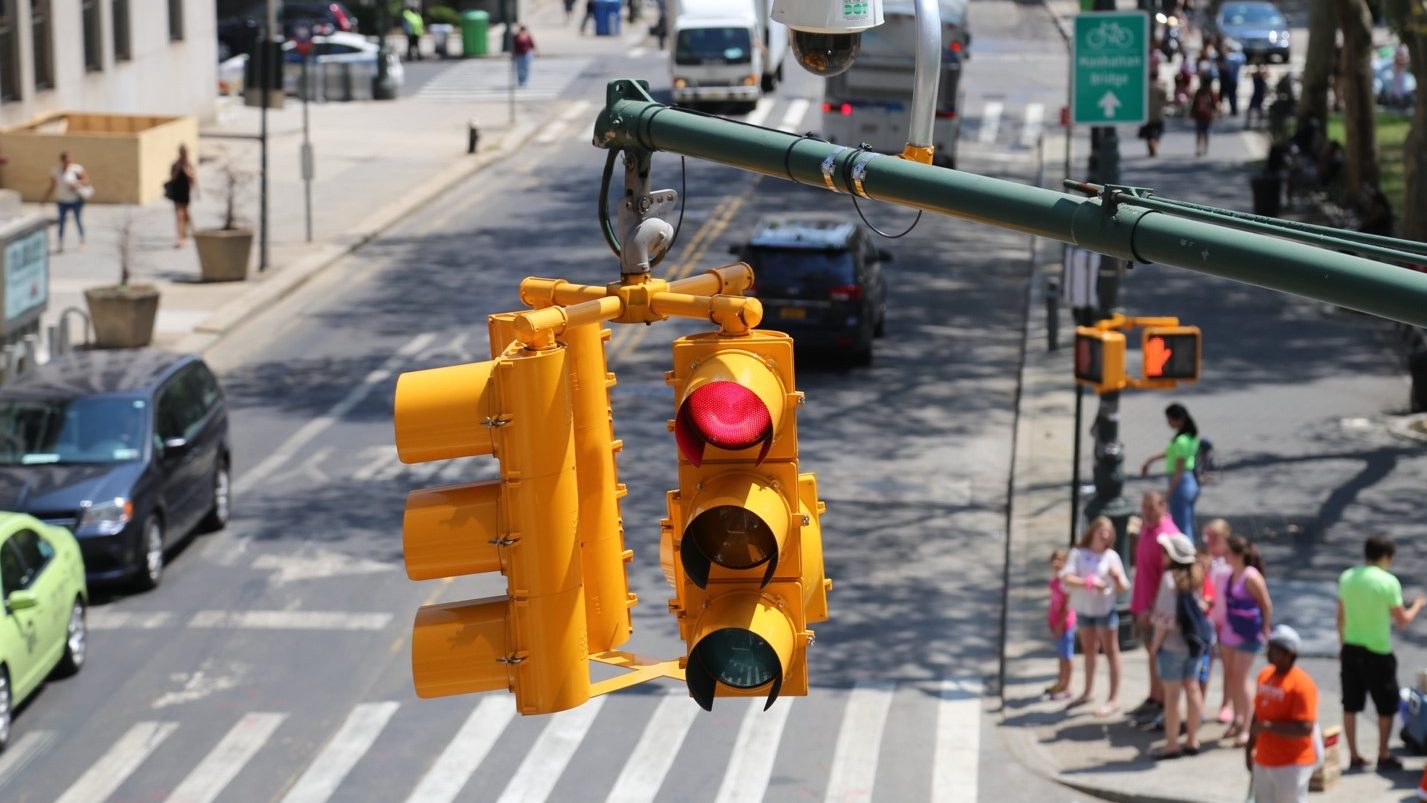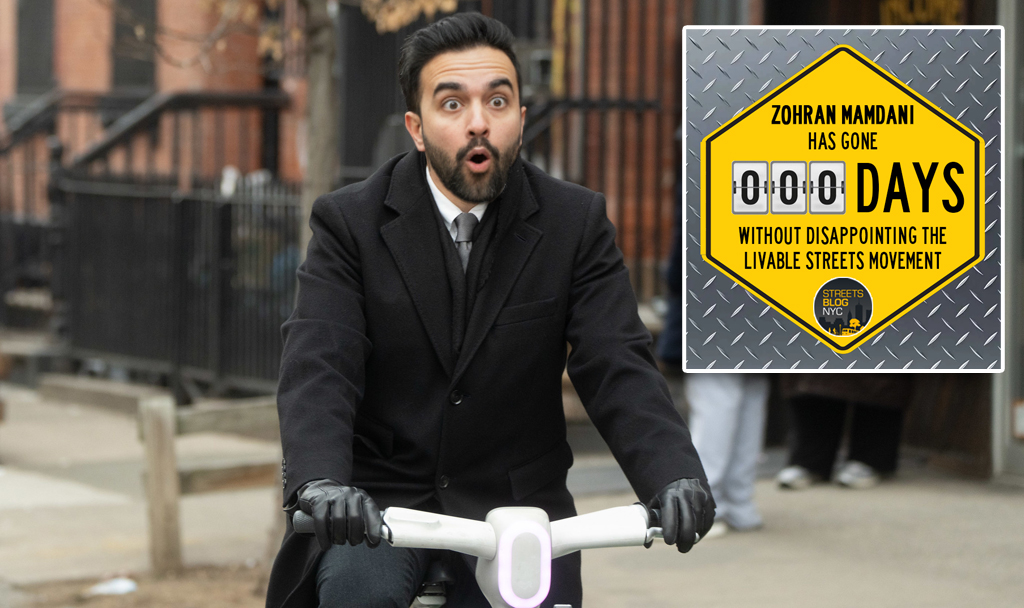Transportation Alternatives is calling on private fleet operators who do business in New York City to talk about what they're doing to make employees safer drivers.
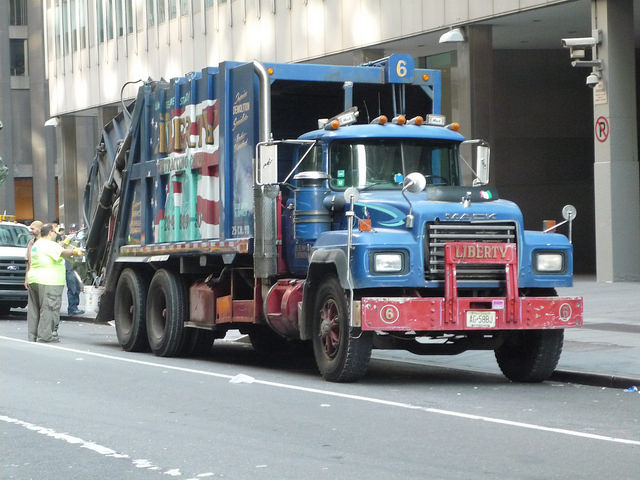
“Fleet management is one of the most effective ways to reduce injuries and fatalities on New York City’s streets,” said TA Executive Director Paul Steely White in a press release. “Fleet managers set the pace for safe driving, and we want to recognize the operators that are raising the bar for safety on New York City’s streets.”
In Sweden, a principal Vision Zero strategy is to move responsibility upward by directing reforms and incentives at the level of fleet operators. NYC does not keep track of how many people are injured and killed in crashes caused by the drivers of private fleet vehicles, but other data sets point to the extent of the problem.
A 2014 U.S. DOT study of city data found that trucks make up 3.6 percent of vehicles in the city, but account for 12.3 percent of pedestrian fatalities and 32 percent of cyclist deaths. "Killed by Automobile," Charles Komanoff's 1999 analysis of city traffic fatalities, reported that private trash haulers kill more people per mile driven than other truck drivers.
In January, TA sent out surveys to more than 100 commercial truck and taxi fleet operators, with questions concerning driver training, crash avoidance technology, and collision response protocols. Three companies -- Fresh Direct, Con Edison, and Academy Bus -- were ahead of the pack, TA reports, and were invited to participate in a workshop at last month’s Vision Zero Cities 2016 conference.
The workshop was hosted by Keith Kerman of the Department of Citywide Administrative Services. DCAS is taking steps to reduce injuries and deaths from collisions involving city fleet vehicles, including measuring and publishing data on such crashes.
DCAS has also installed "black box" tech on the department’s own vehicles, according to TA, and has pledged to install side guards on 6,000 city-owned trucks by 2024. “Through the early adoption of innovative technology and vehicle design modifications,” says the TA press release, "DCAS has triggered a race to the top for safety among private fleet operators here in New York City."
This summer, TA will release a report based on fleet survey responses. In the meantime, you can find highlights here. According to TA, Fresh Direct is installing side guards and “blind spot” sensors on vehicles, and uses telematics to regulate driver behavior and keep dangerous drivers from operating company trucks. Con Ed employs driving simulators and coaching curricula that includes crash data, TA says, and Academy Bus uses cameras to identify reckless behavior and rewards safe drivers with bonuses and company recognition.
TA says it will "roll out a fleet management gold standard" in 2017, "recognizing operators that have met the most rigorous driver training, technology, vehicle and crash response standards in the industry."
